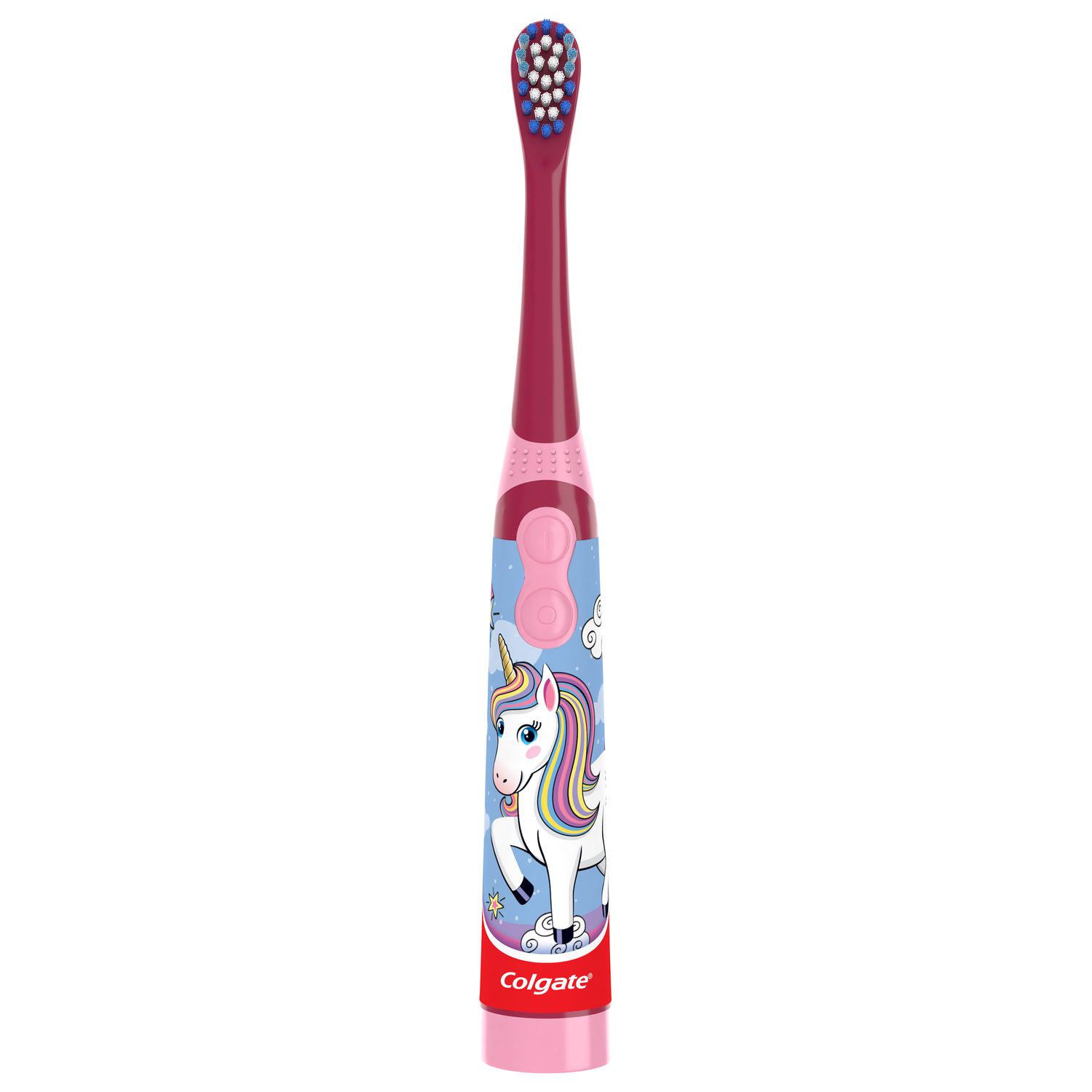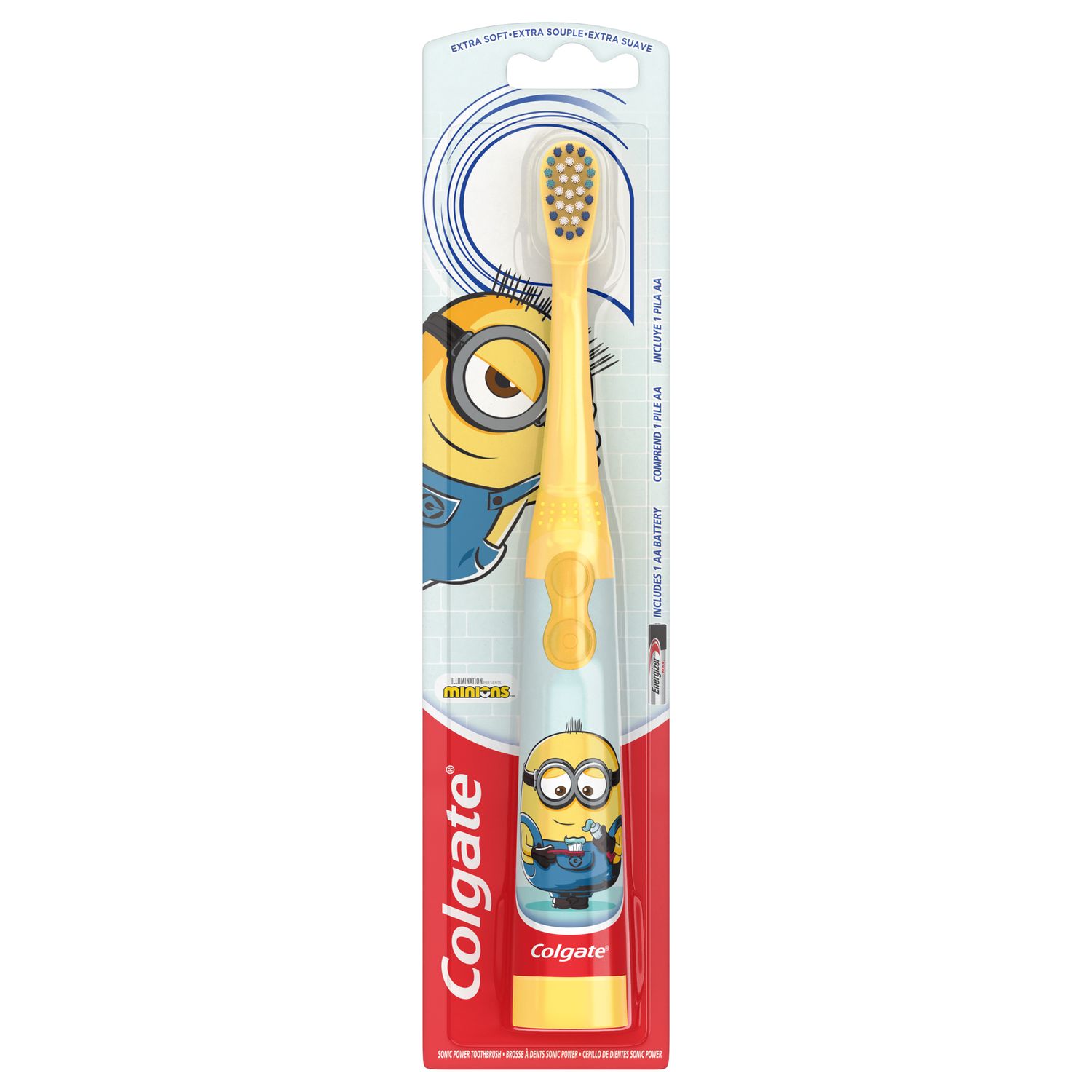So when should you start worrying about baby teeth that aren't coming in? For most kids with no teeth, a delay shouldn't be a concern. But in some infants, there may be underlying causes for this condition. Boost your knowledge about all things baby teeth-related so that you can feel confident in your knowledge and next steps.
When Do Teeth Usually Appear?
Babies are born with most of their teeth already formed within their gums. These teeth usually begin to break through their gums' surface (or erupt) by six months old. The two lower front teeth (central incisors) emerge first, followed by the four upper front teeth (central and lateral incisors). Then the remaining two lower front teeth (lateral incisors) come in. The remaining teeth generally arrive two at a time, one on each side of the mouth. And by the age of three, nearly all children have a complete set of 20 primary teeth!
When Is a Delay Considered Abnormal?
Concerned that your child isn't getting their baby teeth within this timeframe? MedlinePlus recommends that if your child doesn't have any teeth by the time they turn nine months old, you should take them to see a pediatric dental professional.
Most parents like to take stock of how much their baby has grown and developed by their first birthday – and it can be concerning if you have a one-year-old with no teeth. While it's recommended to speak with a dental professional if they don't have teeth when they turn nine months, remember that the normal age range for a baby's first tooth is wide and ranges from four to 15 months!
By the time they turn 11 months old, most children will have four teeth. They will have eight teeth when they turn 15 months and should have 20 teeth by the time they turn 27 months. And before you know it, your baby's primary teeth will begin to fall out! Permanent teeth then start to appear around six years of age. Teeth that don't follow this typical eruption pattern aren't usually a concern but can sometimes be a sign of an underlying health issue.
What Causes It?
Below are the main reasons why your child's teeth might not have erupted within the standard timeframe:
- Genetics: Several genetic disorders can trigger a delay in tooth eruption, such as Down syndrome, Cleidocranial dysostosis, and Apert syndrome. Some rare genetic abnormalities can cause poorly formed teeth and late tooth appearances, such as amelogenesis imperfecta and regional odontodysplasia.
- Developmental disorders: Hypopituitarism and hypothyroidism, two disorders that affect the endocrine system, and other developmental disorders, can cause delayed tooth eruption.
- Nutritional deficiencies: Lack of Vitamin can cause a delay as well as brittle teeth.
- Premature birth or low weight at birth: They can cause both delayed tooth eruption and enamel defects.
Is Delayed Tooth Eruption Harmful?
For most children with no teeth, a delay is simply an opportunity for parents to enjoy their gummy smile a little longer. Nonetheless, if your child's baby teeth coming in late is a concern for you, arrange a dental visit. A pediatric dentist will inspect your child's mouth and may decide to take dental X-rays and refer you to other specialists to run tests to confirm there's no underlying genetic, developmental, or health issue.
Primary teeth play an essential role in your child's development: specifically their ability to chew and begin to form sounds and words. Baby teeth lay the foundation for when permanent teeth come in. When these teeth finally appear, they require regular cleaning with toothpaste specifically for infants and a soft-bristled brush to prevent early decay. Caring for your child's gums and teeth (however late they erupt) gives them the best start for long-lasting oral health!
We understand how important it is for you to stay on top of each of the milestones your baby goes through. But rest assured that a delay in the eruption of their primary teeth is, in most cases, of minimal concern. Open communication with your baby's dental professional will help you feel more confident as you watch your baby grow, change, and turn into the unique little person that they are!
Oral Care Center articles are reviewed by an oral health medical professional. This information is for educational purposes only. This content is not intended to be a substitute for professional medical advice, diagnosis or treatment. Always seek the advice of your dentist, physician or other qualified healthcare provider.
ORAL HEALTH QUIZ
What's behind your smile?
Take our Oral Health assessment to get the most from your oral care routine
ORAL HEALTH QUIZ
What's behind your smile?
Take our Oral Health assessment to get the most from your oral care routine















